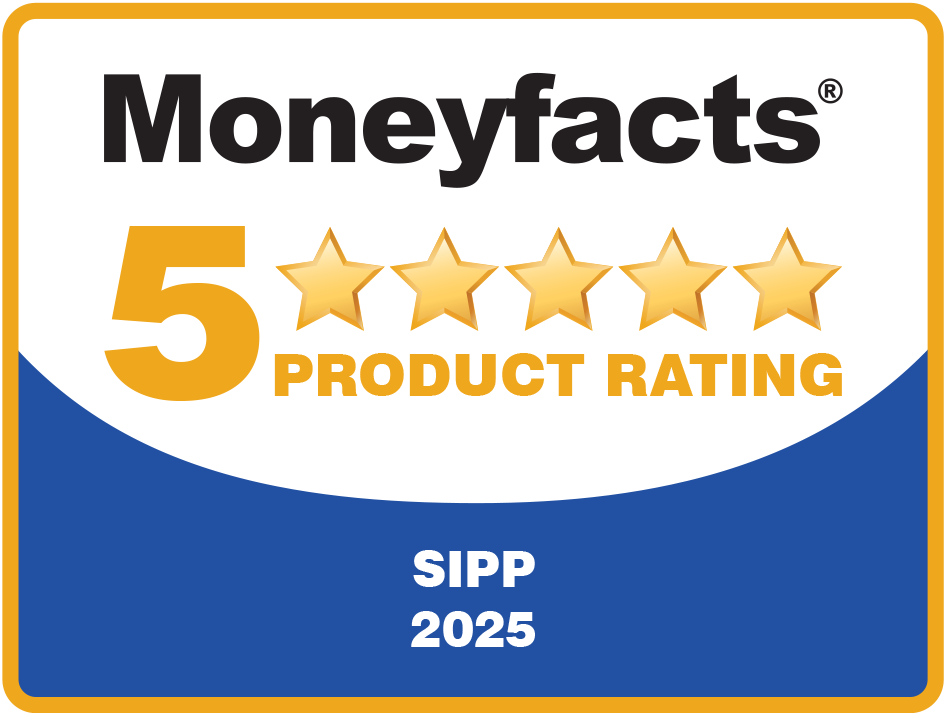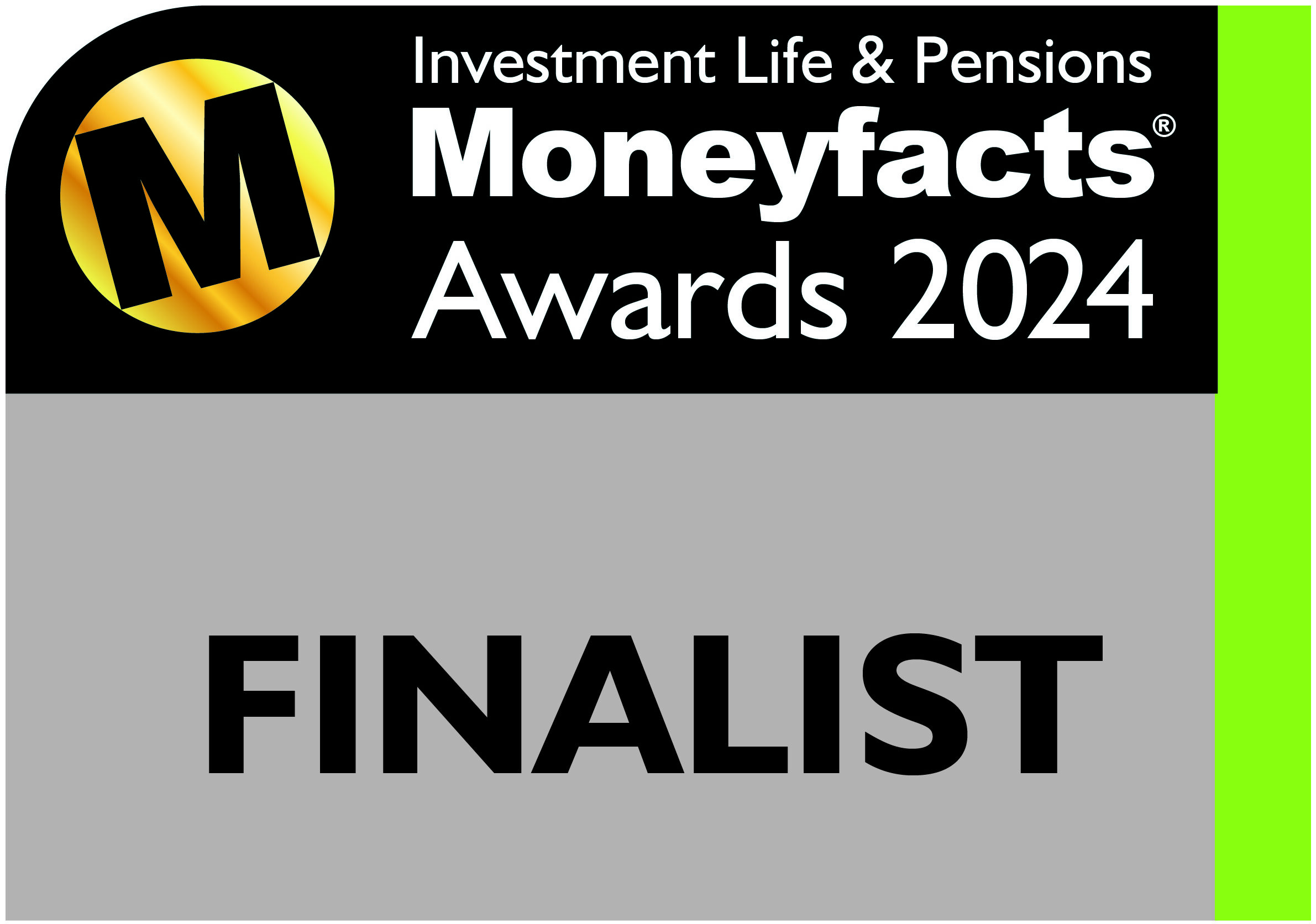How a SIPP could help with Covid-19 cash flow – and read an example
Commercial property is a popular investment choice amongst IPM clients, and a subject that we have covered a number of times over the years. We now own over 1,000 properties on behalf of our clients, and enquiry levels remain consistently high.
While any purchase should firstly be seen as an investment for a SIPP, property purchases can present a number of opportunities outside of the pension fund. This is especially true where there is a connection to the client and/or their business.
Covid-19 has hit all businesses hard, evidenced by some of the issues that have recently impacted IPM clients who already hold commercial property or are in the process of a purchase.
We have also seen an increase in conversations with advisers where they are looking at how to combine an asset the client, or their business, currently owns with any pension benefits that have already been accumulated.
The case study below is a good example of the types of conversation we are having with advisers at the moment, where combining the SIPP and commercial property is producing both short-and long-term benefits for clients.
Using a SIPP to help with Covid-19 cash flow
Steve and Alan jointly ran a recruitment firm. The business owned the offices from which the company traded from, which was worth £300,000.
While the firm was successful, when the government restrictions as a result of Covid-19 hit, the sectors in which they recruited began to slow down. As such, this had an impact on their business and cash flow.
While they were confident of the long-term prospects of the business, and they took advantage of the government’s furlough scheme for their staff, they were still concerned about the short-term cash flow implications that lockdown would bring.
Their financial adviser got in touch with them at the beginning of lockdown to see if they needed any assistance. The clients mentioned that the financial adviser had previously talked about getting the business premises into the SIPP at some point as part of a wealth planning exercise, but also as part of any future planned exit from the business.
The adviser had pointed out that this would give the clients the following benefits:
- While tax may be payable on any gain made on the property from the date of purchase to date of sale to the SIPP, once the property is in the SIPP there would be no Capital Gains Tax to pay on any subsequent gain at disposal
- Rent would need to be paid to the SIPP by the tenants for use of the property. As the tenant is the client’s company, this could be treated as a Corporation Tax deductible expense for the business
- This rent would then further boost the value of the clients’ SIPP, alongside any pension contributions also being paid from the business. Rent does not count towards an individual’s Annual Allowance
- There is no Income Tax to pay on any rental income into the SIPP
- In future, should the clients sell the business the new owners would need to pay rent to the client’s SIPP to use the business, which could be used to fund any future income payments via Flexi-Access Drawdown.
However, given current circumstances, the clients wanted to discover which options were available to them given the cash flow issues they were facing. Could their pensions help?
As the business had previously been successful, the financial adviser had recommended the clients pay high levels of contributions into SIPPs for the last few years. As such, each client had a pension value of around £110,000, invested in several funds.
The values of the SIPPs were short of the property value. As this would be a connected transaction (i.e. the vendor was someone connected to the SIPP beneficiary) the SIPP is only able to pay market value for the property as determined by a RICS surveyor.
Therefore, the adviser suggested that the clients consider a part purchase of the property from the business.
HMRC guidelines allow for part purchases of a property by a registered pension scheme. However, at IPM we will only consider a part purchase on the following basis:
- The third party with whom we own the property is connected to the SIPP client – typically we will only part purchase a property with a client personally or a business which they are a director of
- The property is not VAT registered. While we have no issue owning a VAT-registered property in its entirety, whether this is via one SIPP or more, where a property is VAT-registered we are unable to limit our liability with the VAT office to the value of an individual SIPP. Therefore, if the third party with whom we own the property does not pay any VAT that is due, this amount and any fines would be due either on the SIPP or, ultimately, IPM.
Both of these conditions are designed to protect both the client’s individual SIPP and also IPM.
Steve and Alan’s SIPPs would therefore purchase a £100,000 stake in the property, meaning that the SIPPs would acquire around 33% of the property from the company. Both clients established SIPPs with IPM and transferred their existing pension benefits in.
IPM then created a group arrangement and moved £50,000 (plus costs) from the individual SIPPs into the group arrangement. Solicitors were then instructed by both the SIPP and the company to carry out the transaction.
Once the transaction had completed, the clients benefited in several ways:
- Upon completion, £100,000 from Steve and Alan’s SIPPs was transferred into the business thus assisting with any cash flow issues the business may face as a result of Covid-19 restrictions
- Importantly for Steve and Alan, by selling a third of the property to their own SIPPs they ultimately remain in control of the building, rather than selling this to a third party
- With the annual rental value of the property being set at £22,500, one third of that amount (£7,500) would need to be paid to the SIPPs for use of the property by the business
- This portion of the property is now held within the tax-efficient environment of a SIPP meaning that there would be no CGT due from the SIPP on disposal of the property and should the property not be sold, it could be passed onto the clients’ nominated beneficiaries tax-efficiently in the event of the clients’ death.
Steve and Alan’s SIPPs now hold one third of the property between them, which sits along the investment platform that the financial adviser has put in place and manages for the clients.
In future years. the adviser suggested that Steve and Alan look to build up the cash reserves in the SIPP via further contributions and rental income so that the SIPPs are able to acquire the entire property from the business. This will achieve the adviser’s aims for the clients in terms of long-term and succession planning for the business.
Get in touch
If you want to have a chat about the potential of SIPPs for your clients, or how part purchase could benefit them, please contact us. Email info@ipm-pensions.co.uk or call 01438 747 151.



